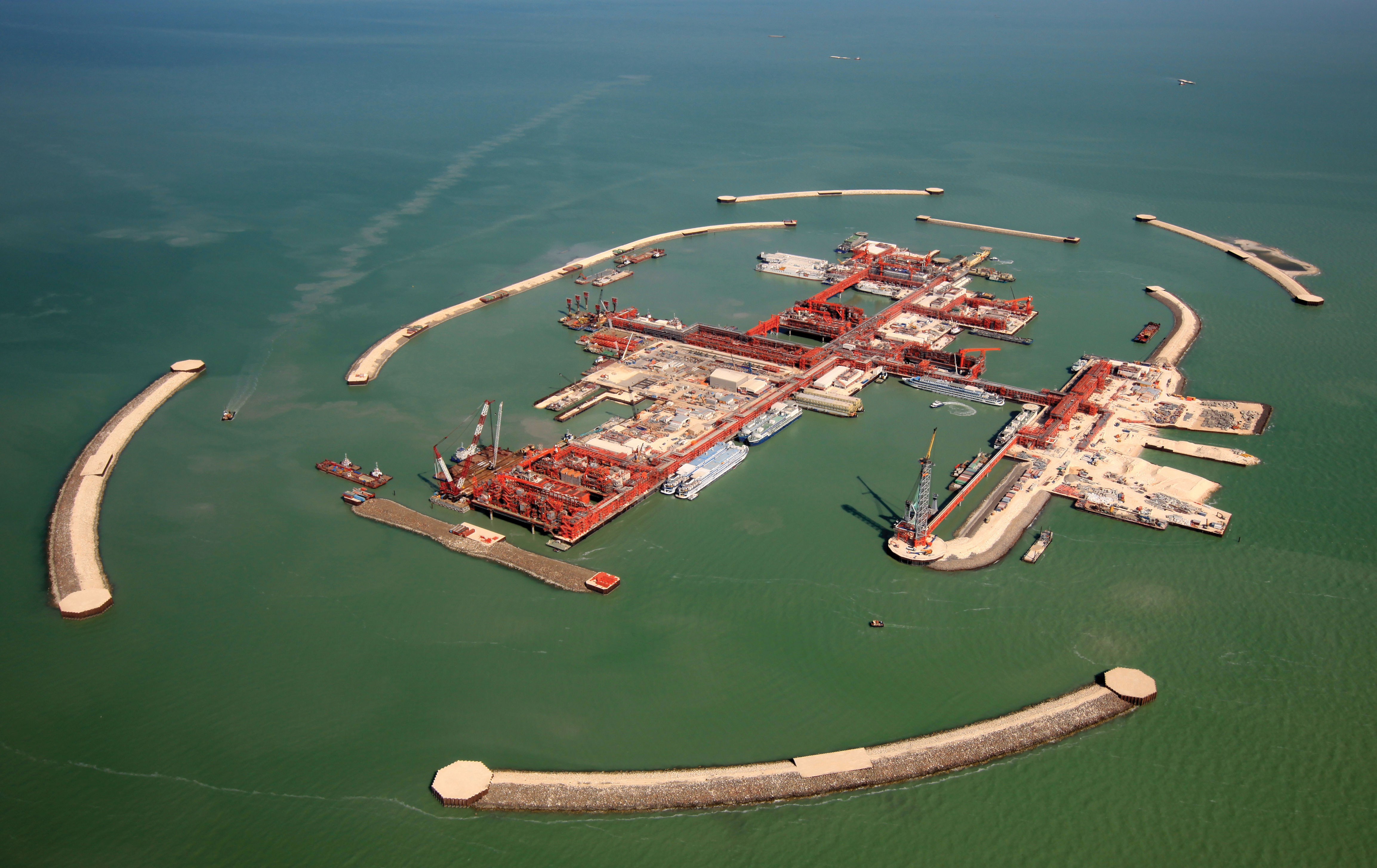Fitch: First oil production at Kashagan positive for Kazakhstan

By Aynur Jafarova
Production of the first oil from the giant Kashagan field in Kazakhstan's section of the Caspian Sea is positive for Kazakhstan and KazMunaiGas, Fitch Ratings said in a report on September 13.
"The onset of production is one reason we expect Kazakhstan's economic growth rate to recover after a slight slowdown in 2012. Meanwhile, KazMunaiGas expects the Kashagan field to make a material contribution to its EBITDA and cash flow from next year," the report said.
Fitch had anticipated production at Kashagan starting this month. The full impact will depend on how quickly production ramps up after this week's initial output.
The North Caspian Operating Company B.V. - the operator of the North Caspian Project announced on September 11 that the first well in the Kashagan field was reopened and first oil volumes were produced.
Kashagan is one of the largest fields discovered in the past 40 years. Recoverable oil reserves of Kashagan are estimated at 11 billion barrels, whereas total geological crude reserves stand at 35 billion barrels. It is believed to be the largest oil field in the world after Prudo Bay in Alaska. Besides, natural gas reserves are estimated at over 1 trillion cubic meters.
Kazakh officials have stated that it would take between three weeks and one month to launch commercial output from the field. Eni, lead member of North Caspian Operating Company said earlier that in the initial 2013-2014 phase, output will grow to 180,000 barrels per day, compared with current output from Kazakh oil fields of 1.6 million barrels per day.
The report said that the impact of Kashagan is already incorporated in agency's Kazakhstan real GDP growth forecasts of 5.3 percent for 2013 and 6.0 percent for 2014, up from 5.0 percent last year. Higher commodity exports support Fitch's expectation that Kazakhstan's economy will grow more quickly than the 'BBB' category median over the medium term.
"Increased oil exports from Kashagan will also support Kazakhstan's current account surplus, which had been stagnating thanks to lower oil prices. However, foreign direct investment may decline as the first round of capital investment into the field slows," the agency's experts said.
Fitch also views the launch as positive for KazMunaiGas, which has a 16.8 percent stake in the project. KazMunaiGas expects to use Kashagan's contribution to EBITDA (Earnings before Interest, Taxes, Depreciation and Amortization) and cash flows to repay about $2.6 billion in project-related debt.
"Kashagan, along with its Karachaganak project, are important for KazMunaiGas as production from its majority-owned exploration and production subsidiary is on a steady decline," the report said.
Besides, the Chinese energy giant China National Petroleum Company (CNPC) became a shareholder in Kashagan with an 8.3 percent stake on 7 September 2013.
Experts believe that accession of the CNPC to the project on development of the Kashagan field will yield positive results.
According to them, China is interested in the energy resources of the Caspian Sea, as China's economy grows day by day and subsequently, the demand for energy resources also increases.
The Kashagan commissioning is a sequential process that involves more than 40 actions preceding the commencement of production and gradual reaching of the target level due to the scale and complexity of the project.
Experts believe that the increase of oil production in Kazakhstan completely depends on the start of the Kashagan output as it is currently the only oil field capable of significantly boosting domestic oil production.
The future development projects would open up the opportunities to increase the production volumes significantly and this will turn Kashagan into one of the largest suppliers for the world energy market.
Meanwhile, an energy industry source told the Baku-based Trend news agency that oil production at the Kashagan field may be stopped with the start of the winter season when parts of the Caspian Sea freezes.
